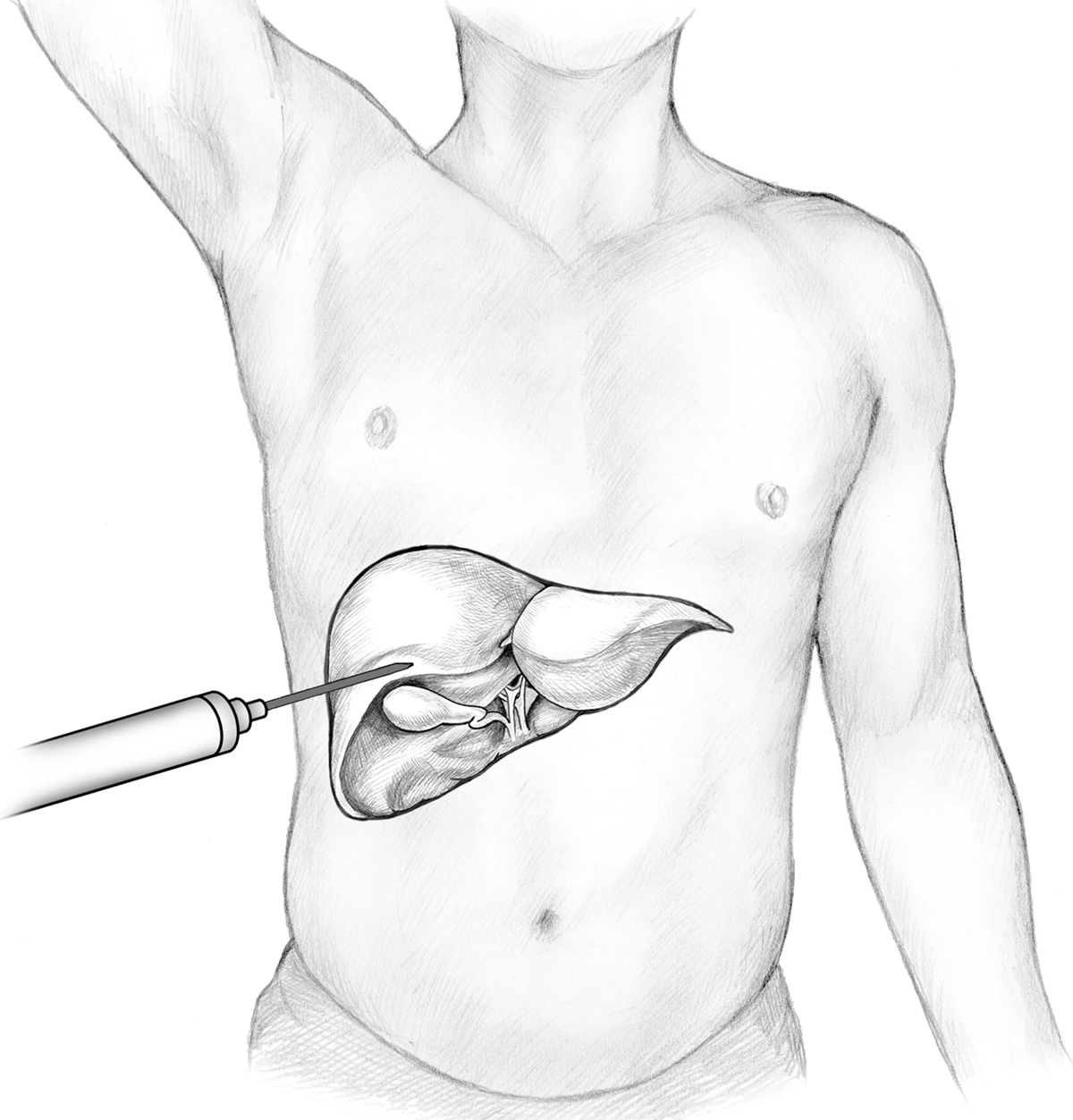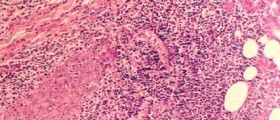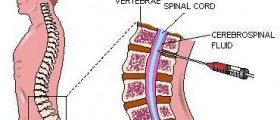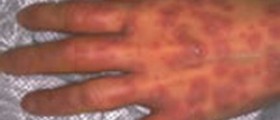
Zellweger syndrome is also called cerebrohepatorenal symptom. It is a very serious congenital genetic disorder that has adverse effects on the brain, liver and kidneys. This disorder is even heritable, but does not happen often. Zellweger syndrome belongs to the group of four diseases which are called peroxisome biogenesis disorders, and these four disorders are the part of a larger group of diseases which is known under the name of leykodystrophies. Of all these diseases, Zellweger syndrome is the most serious. It is caused by mutation in one of the twelve different PEXgenes. Zellweger syndrome is characterized by reduction or lack of perokisomes in the cells of the brain, liver and kidneys. The role of perokisomes is to disintegrate and dissolve toxic substances in the cells of the liver, brain and kidneys. Because of this, high levels of iron and copper in the blood appear leading to various deformities that accompany thissyndrome.
The symptoms can appear alone or can be combined. They vary from one person to another. Generally, they affect many of the most important systems in the body, such as the eye, liver, kidneys, heart and muscles. The signs and symptoms of Zellweger syndrome usually appear in the newborn period and include poor muscle tone, which is called hypotonic, and which is expressed through an inability to move, and also through the poor feeding because the baby cannot swallow or suck.
Symptoms that occur most often when it comes to the Zellweger syndrome are enlarged liver, cysts in the liver or characteristic deformities of the head, such as the appearance of higher forehead or deformed ear, up slanting eye or skin folds. Other facial deformities may also occur, such as flat occipital, low-broad nasal bridge, high arched palate, and small chin. Furthermore, cataract or cloudy cornea, glaucoma, abnormal retinal pigmentation, and optic disc pallor are some of the signs of Zellweger syndrome concerning the eye. Some neurological abnormalities such as mental or psychomotor retardation and seizures also occur in certain cases. Jaundice and bleeding are also some of the symptoms of Zellweger syndrome.
Unfortunately, there is no cure for this disease, and even some formal treatments are done in order to ease the symptoms. Frequently, people with this syndrome die one year after the establishment of the disease, and babies do not manage to beat the first 6 months. They often die due to liver problems, gastrointestinal bleeding, or because of the heart fault and problems with breathing.

















Your thoughts on this
Loading...